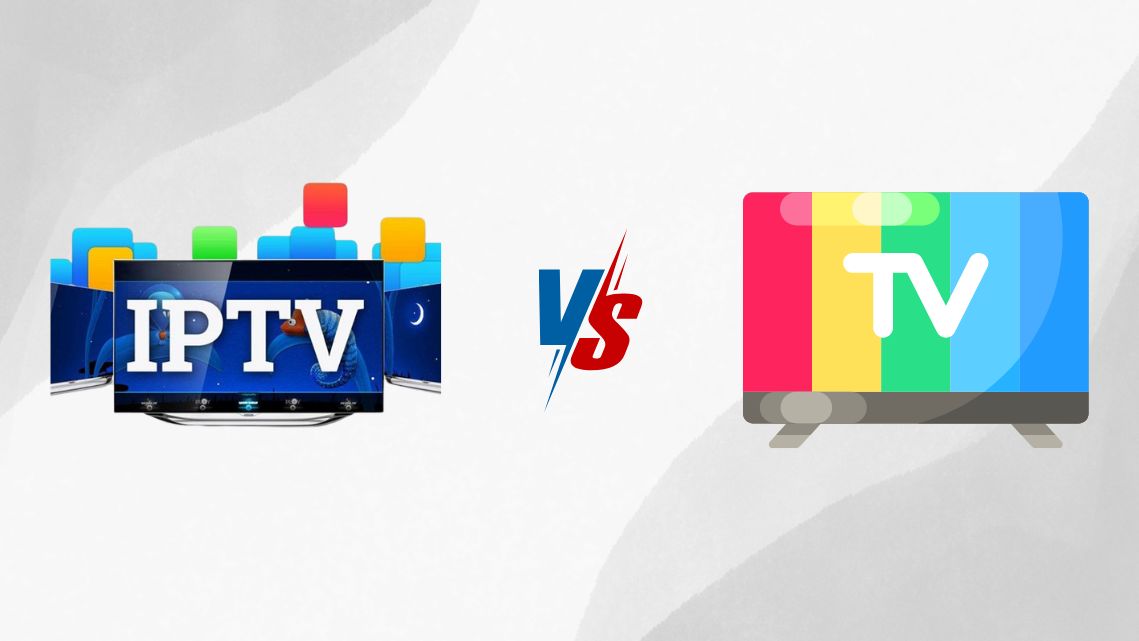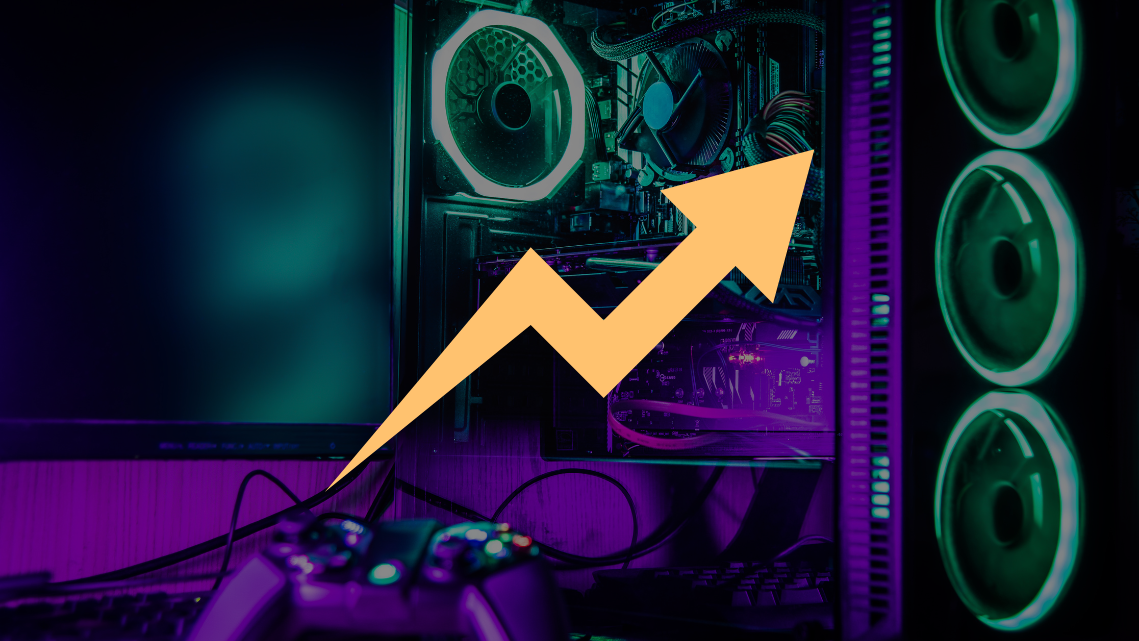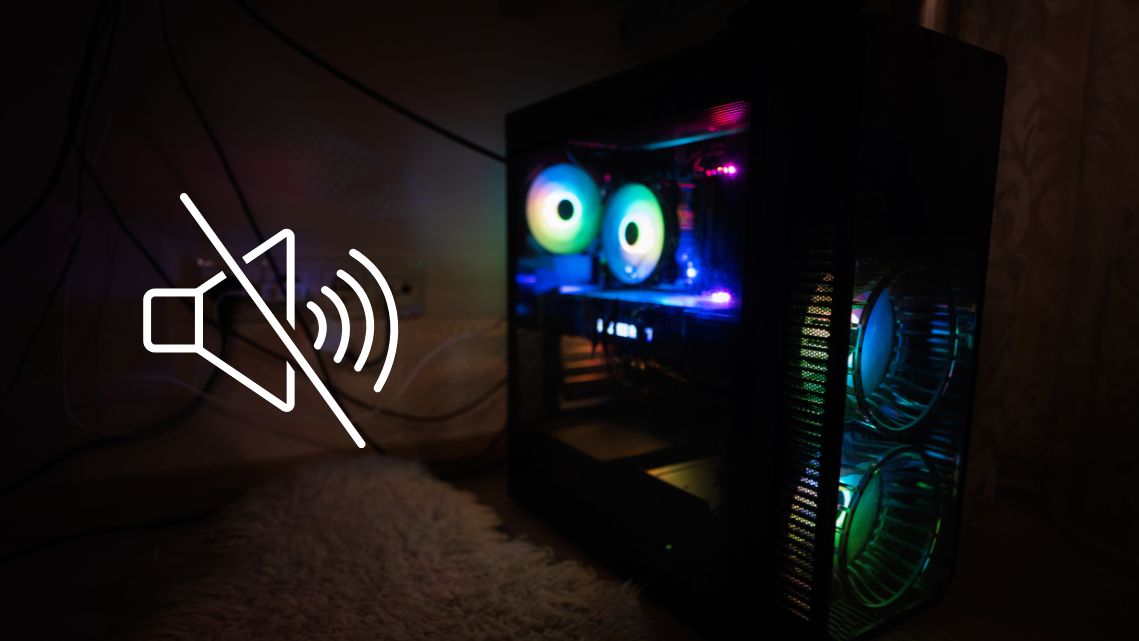optimize your computer for gaming
Update Your Graphics Drivers
Adjust In-Game Graphics Settings
Optimize Windows Settings
Tweaking certain Windows settings can also contribute to better gaming performance. Here are a few optimizations to consider:
Disable unnecessary background processes: Close any non-essential applications running in the background to free up system resources.
Adjust power settings: Set your power plan to “High Performance” to ensure your computer is running at its maximum potential.
Disable visual effects: Turn off unnecessary visual effects like animations and transparency to reduce system resource consumption.
Keep Your System Clean and Updated
Upgrade Hardware
If you’re looking to maximize gaming performance, upgrading certain hardware components may be necessary. Consider the following upgrades:
Graphics card: A powerful graphics card can significantly enhance gaming performance and allow you to play the latest titles at higher settings.
RAM: Sufficient RAM (memory) is crucial for smooth gameplay. Consider upgrading to a higher capacity if you experience frequent stuttering or lag.
Storage: An SSD (Solid State Drive) can reduce load times and improve overall system responsiveness.
conclusion
By following these optimization tips and techniques, you can ensure a smoother and more enjoyable gaming experience on your computer. Remember to regularly update your drivers, adjust in-game settings, optimize Windows, keep your system clean and updated, and consider hardware upgrades as needed. Now, get ready to dive into the virtual worlds with enhanced gaming performance!
Disclaimer: Before making any changes to your computer’s settings or upgrading hardware, ensure you understand the process and potential risks involved. If you’re uncertain, consult with a professional or seek guidance from reliable sources.






